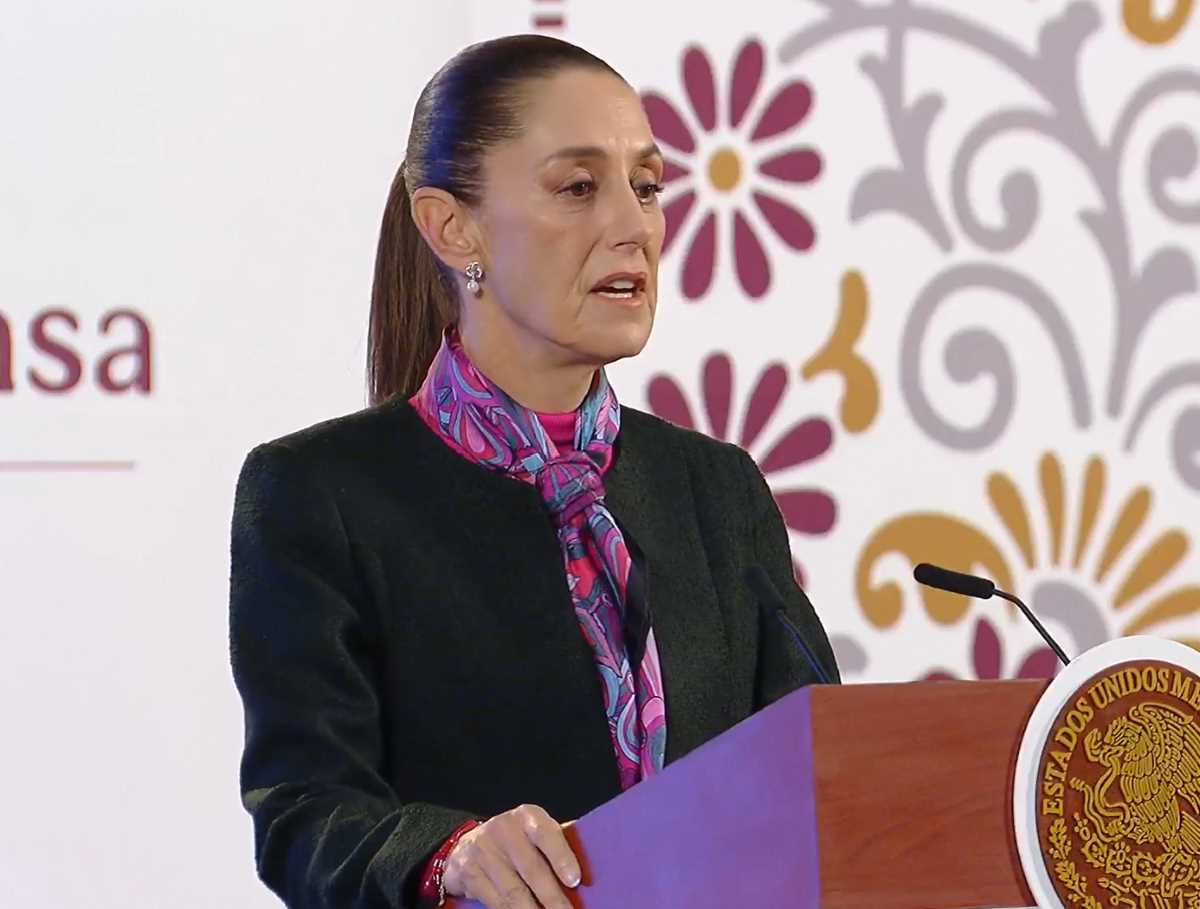Sheinbaum Addresses Global Conflicts, Judicial Reform, and Industrial Incident in Morning Briefing
President Sheinbaum addresses key issues: calls for Palestinian recognition, dismisses judicial reform concerns, updates on Pemex refinery incident, and pushes for historical reconciliation.

On Friday, President Claudia Sheinbaum, in her daily "People's Morning" press conference, took the opportunity to address a series of significant domestic and international issues ranging from the Israel-Palestine conflict to energy sector challenges, constitutional reform, and historical reconciliation. Her remarks offered a glimpse into the current administration’s stance on critical global and national events, reiterating Mexico’s commitment to peace, social justice, and accountability.
In her opening remarks, Sheinbaum highlighted Mexico’s position on the escalating violence between Israel and Palestine, calling for an immediate end to hostilities and urging the international community to push for lasting peace. The president underscored her administration's unequivocal support for Palestinian statehood.




